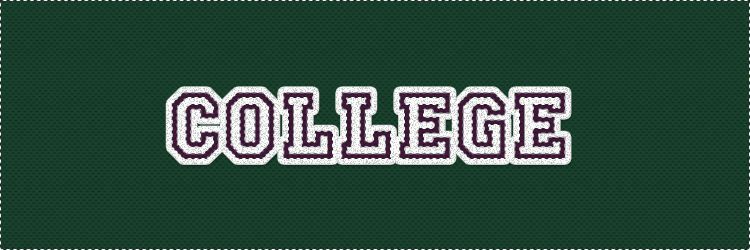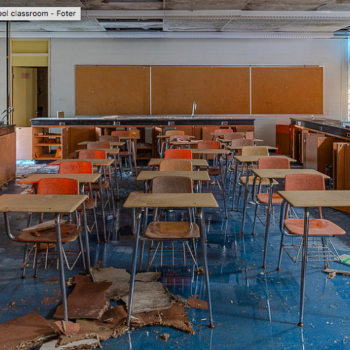College planning can definitely be a hot topic, and everyone seems to have different opinions. So, let’s dive into it and explore both sides of the coin.
When it comes to exploring colleges, some folks believe that starting early is the way to go. By starting early, they can also take advantage of resources like college fairs, campus visits, and test preparation programs, giving them a competitive edge in the admissions process. Early planning also allows you to explore your interests more thoroughly. By starting the process early, you have more time to research different fields of study, attend college fairs, and even participate in summer programs related to your potential major. This can help you make a more informed decision about your future. Additionally, early planning gives you the opportunity to develop academically and personally. You can challenge yourself with advanced courses, join clubs and organizations that align with your interests, and build a strong extracurricular profile. These experiences not only enhance your college application but also contribute to your personal growth.
On the other hand, there are those who feel that the college admissions process has become a frenzy, putting unnecessary pressure on high school students. They argue that starting too early can lead to burnout and anxiety, as students may feel overwhelmed by the constant focus on college. Instead, they believe in encouraging students to enjoy their high school experience, pursue their passions, and develop a well-rounded profile that reflects their unique strengths and interests.Students will already face a lot of pressure from all sides. There’s the push to get top grades, the competition for spots in good schools or programs, and even social pressures to fit in or stand out. Plus, trying to figure out what you want to do with your life? That’s a lot to handle for a teenager.
If I were to make a strong case for getting an early start on college planning, I would emphasize the benefits of early exploration and preparedness. Starting earlier allows students to have a clearer understanding of their interests and goals, while also giving them more time to explore potential majors and career paths. It also allows for a more relaxed and strategic approach to standardized testing, college visits, application preparation, and scholarships. Getting started early is a lot of pressure but that pressure makes diamonds in the end.
However, it’s important to acknowledge the opposing viewpoint. Some may argue that starting early can lead to unnecessary stress and pressure. Encouraging students to prioritize their well-being, engage in activities they genuinely enjoy, and remind them that the college admissions process is just one part of their journey can give them all the emotional support they need to push forward in their college process.
Ultimately, the decision to start early or not should be based on individual preferences and circumstances. It’s essential for students and parents to have open conversations, gather information, and make informed choices that align with their values and goals to help narrow down your choices when it comes to college. Finding ways to manage stress and taking time to relax are super important as well. It’s all about balance and finding support when you need it. It’s also important to acknowledge the potential pressure that comes with early planning. Sometimes, the intense focus on college can lead to burnout and unwanted stress. It’s crucial to find a balance between college preparation and enjoying your high school experience. Remember to take breaks, engage in activities you love, and prioritize your mental well-being. And most importantly, just have fun! It’s highschool after all.
In conclusion, early college planning offers numerous benefits, such as exploring your interests and maximizing your academic and extracurricular potential. However, it’s also essential to find a healthy balance and not let the pressure overshadow your overall high school experience. If it becomes too much, then find that perfect balance between the two, make sure you stay proactive. Remember, there’s no one-size-fits-all approach, and what works for one person may not work for another. The most important thing is to find a path that feels right for you and supports your personal growth and success. Good luck with your college planning journey!
“college” by Sean MacEntee is licensed under CC BY 2.0.











